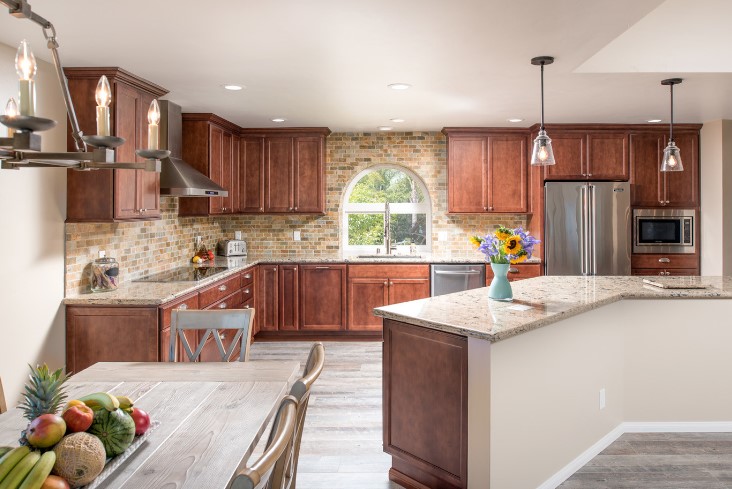
Unlocking the Secrets of Accurate Kitchen Remodel Estimates

Boosting home value with a stunning kitchen remodel is a great way to maximize your investment. But it can also be expensive.
Using the right tools and knowing the basics of estimating can help keep costs low. Here are five keys to making sure your kitchen remodel estimates are accurate.
Know Your Material
Whether you’re going for a safe, classic look with white subway tile and marble countertops or an unexpected modern twist with handcrafted porcelain and quartz countertops, your choice of materials plays a huge role in the final kitchen remodel design.
It also affects cost. Choosing less expensive materials, like ceramic, can help keep your NYC kitchen remodeling costs low while creating a beautiful space.
Other factors impacting kitchen remodels near me include structural changes, such as relocating ductwork or moving a wall. These modifications require extensive labor hours and may add to your overall project cost. Ensuring all construction drawings and specifications are complete is essential to accurate estimating. This prevents errors and delays that could be costly to your budget.
Know Your Options
To get accurate kitchen remodel estimates, you need to understand your options. Start by listing your remodel’s wants and needs, considering that practical features like improved functionality and energy efficiency should come before luxuries. When shopping for contractors, ask for references and check their online reviews and Better Business Bureau rating. Look for a professional kitchen estimator specializing in kitchen design and a member of national industry organizations.
You can also consider whether you want to keep the layout of your existing kitchen or change it. A minor remodeling project might include leaving cabinet boxes in place and refacing the fronts to update their appearance. This is a good choice for homeowners who want to improve their kitchen without breaking the bank.
Know Your Budget
The kitchen is the most popular room in the home to update, but it can also be one of the most expensive. The good news is that there are ways to cut costs without sacrificing quality.
Before you start living out your Pinterest dreams, set a budget and be prepared to discuss it with your contractor. This will help them ensure that your vision for the kitchen is met but that it stays within or as close to your budget as possible.
It is also important to consider the impact of your remodel on your resale value. Buyers are willing to pay more for updated homes, so choosing high-end materials that will last and recoup most of their original cost at resale is important.
Know Your Contractor
Unless you are experienced in DIY home remodels, your kitchen project will likely involve hiring and working with a general contractor. That means strangers will be traipsing through your house and making noise and mess for weeks or months, depending on how extensive the work is.
A good contractor will have a list of references, reviews and testimonials you can use to gauge his experience and skills. Ask for these before you hire him. He should also know how to obtain the necessary work permits and be willing to take care of this on your behalf.
Know Your Schedule
The planning stage is the time to establish the scope. This entails determining whether you are completing a simple cosmetic refresh or a full-on kitchen gut remodel. The latter may involve tearing down walls or reconfiguring your floor plan.
The scope of the project determines how long the renovation will take. If the work involves wall removals, structural changes, and reconfiguration of your kitchen layout, the project will likely take longer than a simple refresh or refacing of cabinets. The renovation can last weeks or even months, and your kitchen will be out of commission for that period. Your contractor will lay out a schedule of when you can expect your kitchen to be functional and can advise on how you can manage food during the construction process. This is an important piece of information to consider when calculating your budget.